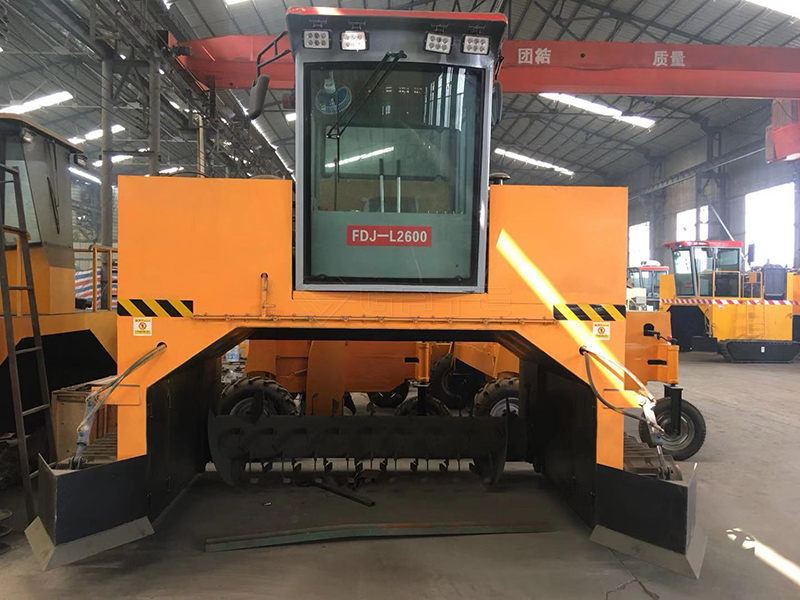Technical points of straw production of bio-organic fertilizer
Straw production bio-organic fertilizer adopts advanced composting fermentation technology, using high-efficiency high-speed fermentation bacteria to make the straw cellulose decompose and transform rapidly. Various pathogens, weed seeds and aphid eggs are killed, and the production stability is strong. A full range of bio-organic fertilizers. Compared with chemical fertilizers, organic fertilizers produced by straw have the characteristics of no fertilizer, no deficiency, stable supply and long-term effect. The straw waste can be treated harmlessly, and the bio-organic fertilizer can be used to increase production and increase efficiency, so as to achieve the unification of ecological benefits and economic benefits. The following technical personnel of organic fertilizer equipment manufacturers share the technical points of straw production bio-organic fertilizer

Technical points of straw production of bio-organic fertilizer:
1.Straw treatment
First, the straw is crushed to a certain degree of fineness by a straw pulverizer, and then an appropriate amount of raw materials such as poultry excrement or sludge must be added to adjust the carbon-nitrogen ratio and moisture of the compost material, or to add strains and enzymes.
2. Fermentation
It is divided into two stages: one is pre-fermentation, which can be carried out in the open air or in the fermentation device. The organic fertilizer is used for forced ventilation to supply oxygen to the accumulation layer or the fermentation device, and the livestock and poultry manure is added as the main body of the straw, aerobic composting The main fermentation period is about 3 to 10 days. The second is post-fermentation. After the semi-finished product of the main fermentation is sent to the post-fermentation process, the easily decomposable organic matter and the hardly decomposable organic matter which have not been decomposed in the main fermentation process are further decomposed to become stable organic substances such as humic acid and amino acid. For fully decomposed organic fertilizer products, the post-fermentation time is usually 20 to 30 days.

3. Post processing
It can be further dried and pulverized as needed, and then processed into a crop-specific organic-inorganic compound fertilizer.
4. Storage
Composting is generally used in spring and autumn. It must be stored in summer and winter. The storage method can be directly stored in the fermentation tank or in bags, requiring dry and breathable.
















Leave a Messages